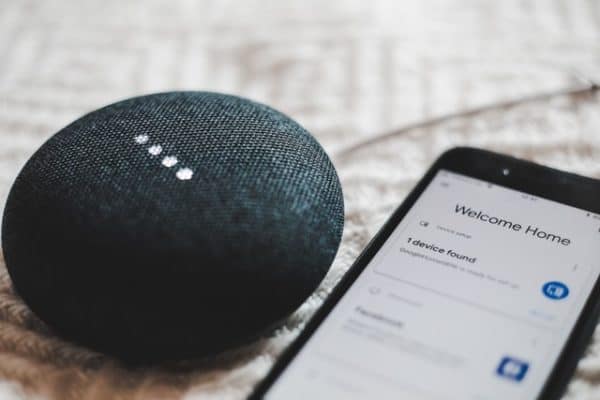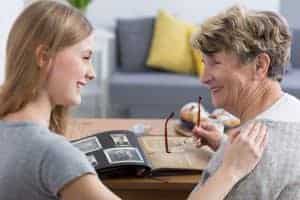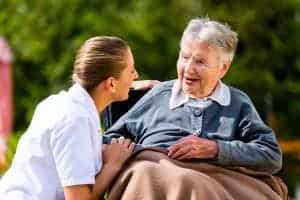Smart homes technology is taking over our lives at a rapid rate. Some technological advances can be of enormous benefit to older people but can technology provide all the answers?
Some smart devices are invaluable for older people and we’re thinking here of those involved in communication such as smartphones and Skype-enabled laptop or tablet computers that provide instant access to the outside world. However being able to pick up a phone or log in to an account isn’t always enough when help is needed urgently and where in-home care is not available. Here, we take a look at the smart tech on offer and consider whether it does away with the need that elderly people have for care.
What is meant by a Smart Home?
Smart home technology of course incorporates much more than simply electronic communication. Some can benefit older people who have limited mobility or particular health needs and all have the benefit of being controlled usually from a central device with an online mobile or Wi-fi connection. Here are some of the most useful examples.
Smart Thermostat and Lighting
These are both controlled through a mobile phone app which means the heating and/or lighting can be switched on and off remotely whether from inside the home or away from it. Aside from the added feeling of security these can give especially during shorter days when out and about, smart thermostats are designed to adapt to local conditions meaning they can automatically change and control the temperature in multiple rooms. After a couple of days, they will learn about your heating preferences and will self-programme accordingly. Smart technology like this can help to save energy and reduce bills over time.
Smart Curtains and Blinds
It can often be difficult for physically disabled or less-mobile people get up to open and close window coverings. However, you can buy curtains or blinds which work on a motor and remote-control system enabling their use without needing to manually open or close them.
Smart Locks
People of all ages are concerned about home security but older people who may suffer with hand arthritis can struggle with keys. Smart locks have a secure locking/unlocking mechanism controlled from a smartphone or other device which you operate using your own fingerprint.
Robot Vacuum Cleaners and Lawn Mowers
These machines work by first studying the exact layout of the area to clean, or mow, and then can happily be allowed to tootle around cleaning, or mowing, then returning themselves to a charging station awaiting the next use.
Other Smart Technologies
There are any number of smart systems on the market designed to make life easier and more secure for the user and these are increasing all the time. From remote garage door openers to smart doorbells with voice and video activation, all are life-enhancing for older or disabled people.
While there is no doubting the huge benefits that smart homes technology can bring in terms of making life easier and more comfortable, they can never replace the care and companionship that home care services or 24/7 cate at home can provide. Ideally, technology and care should exist side by side.




